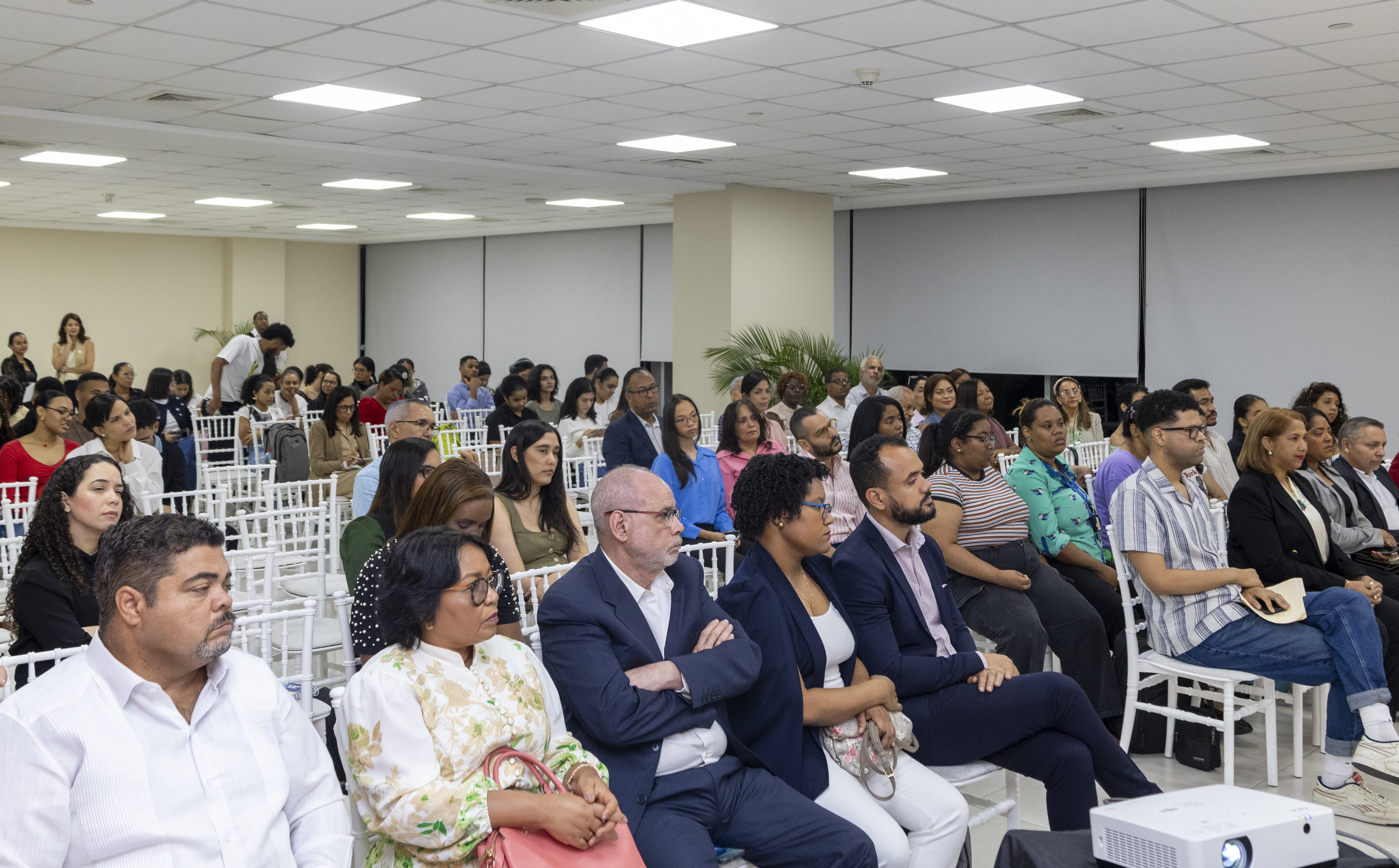David Hidalgo talks about the great challenges of journalism

In an era where anyone feels empowered to say, in most cases, what they don't know, drawing attention to the truth is a major challenge. Social media and the rise of technologies like Artificial Intelligence (AI) are the perfect environment for misinformation .
In this context, the Catholic Mother and Teacher University ( PUCMM ) held the following keynote lecture:
" Disinformation and Democracy: How does disinformation affect democracy and human rights?", by Peruvian journalist David Hidalgo , director of Ojo Público, who highlighted that one of the greatest challenges facing journalism today is mass disinformation .
"It's an overwhelming phenomenon that overwhelms any capacity to respond," Hidalgo notes, as he explains the structured ecosystem based on:
- Political operators , who promote self-serving versions to gain power.
- Media operators , who reproduce these messages from related media.
- Digital gangs are organized groups that distribute content on social media with the support of influencers and content creators.
The latter have become central players in the communications landscape. "We live in the content creator economy ," he told Diario Libre.
Figures with thousands or millions of followers dominate public conversation, with no obligation to verify what they share. Their incentive is to capture attention, even if it means spreading false, scandalous, or even hateful information .
Adding to this dynamic is the impact of AI . Hidalgo warns of its increasing use to generate fraudulent content for political or commercial purposes. "Anyone with minimal knowledge can produce false information that appears real and that millions can consume without question."
However, not all use of AI is negative. He cited Ojo Público as an example. The newspaper has developed a platform that uses artificial intelligence to translate verified content into indigenous Peruvian languages , guaranteeing the right to information for historically marginalized communities.
"Yes, it can be used ethically, with criteria of cultural belonging and respect," says David Hidalgo .

Faced with the rise of content creators, traditional media are facing a multiple crisis : economic, technological, and relevance. "The media have lost the flexibility to adapt. They failed to see that social media was going to steal their attention," laments Hidalgo.
The business model based on advertising and mass traffic has collapsed, as journalists migrate to personal projects or digital platforms where they become individual brands. This decentralization, while valuable in some cases, has left traditional media outlets behind, clinging to dynamics that no longer respond to audiences' information habits.
Despite the situation, Hidalgo has not lost faith in the profession : "As long as there are journalists who adhere to the founding principles , seeking the version closest to reality, with evidence, there will be hope ."
For him, journalism needs to become necessary again . And that means offering something influencers can't: rigor, context, analysis , and responsibility for the public good.
He also warns about the precariousness of the profession. "The pressure for immediacy makes working conditions more precarious, prevents in-depth work , and ultimately affects the quality of what is published ." The solution, according to Hidalgo, is not to stop producing fast-paced content, but to balance it with well-crafted, thoughtful, and useful journalism for the public.
The great ally of morbid contentBut that's not all. The icing on the cake is the algorithm , which became so widely known in the Dominican Republic during the election celebrations. Journalism is also greatly affected, because this ecosystem privileges morbid and scandalous content , making it viral and diminishing the visibility of truthful information.
It's an important battle that the media has yet to win, says the prominent journalist. " Algorithms are designed to reward low-quality content . Competing in those conditions is very difficult."
But what can be done? Hidalgo's answer seems simple, but it's complex: "Avoiding being a sounding board for unsubstantiated narratives and political strategies that seek to scare or confuse is the best antidote ."
TOPICS -
Diariolibre





